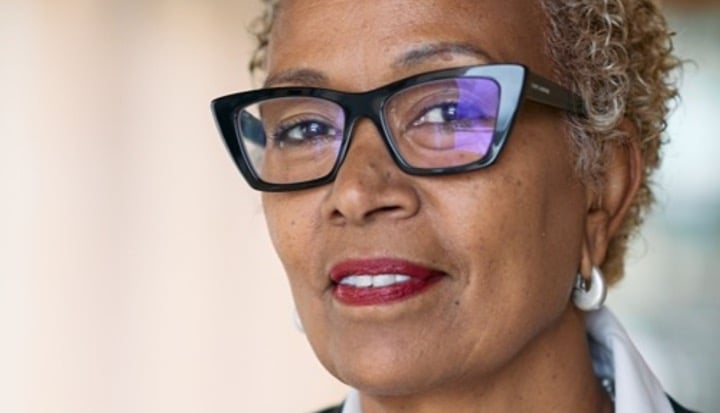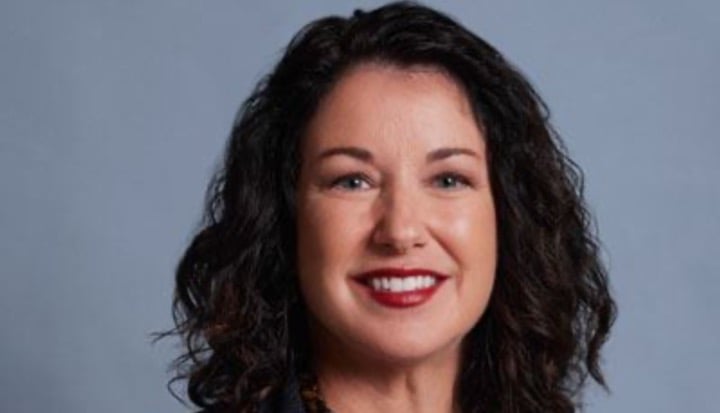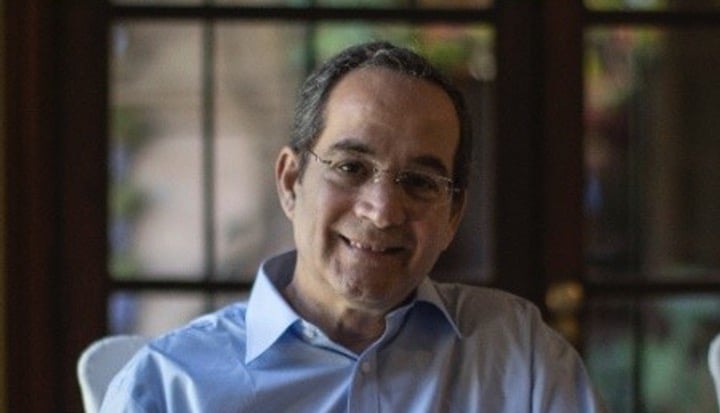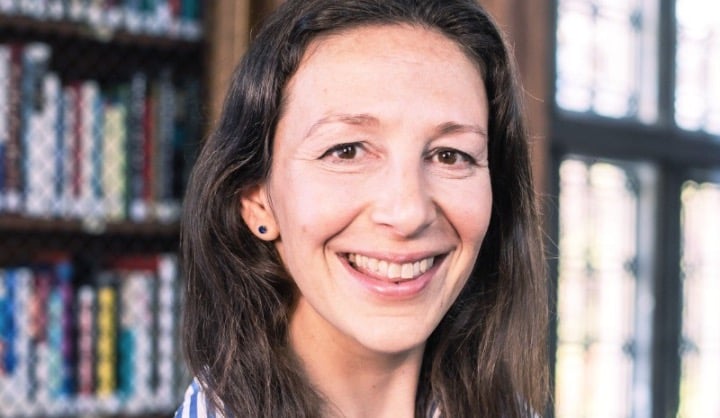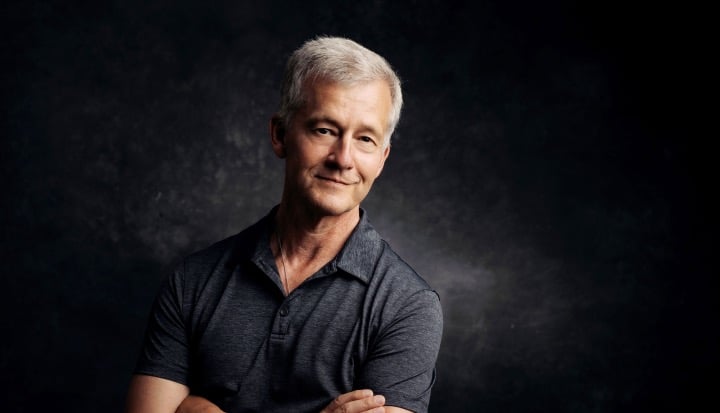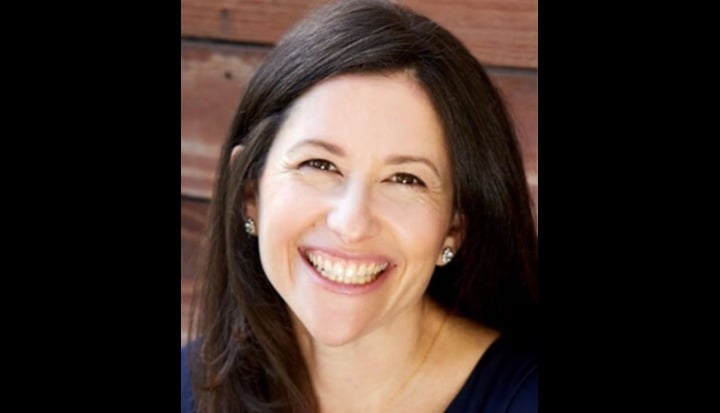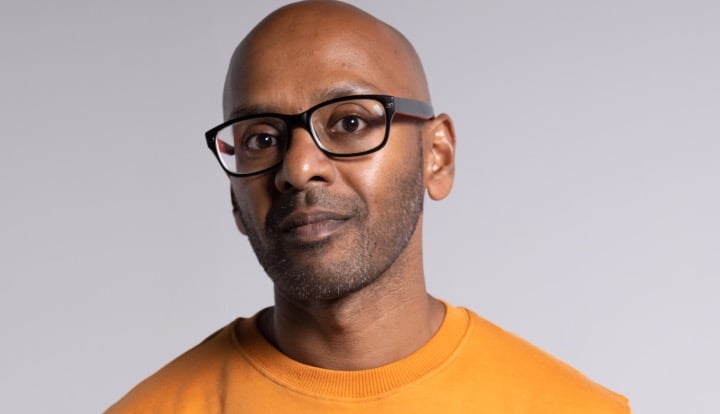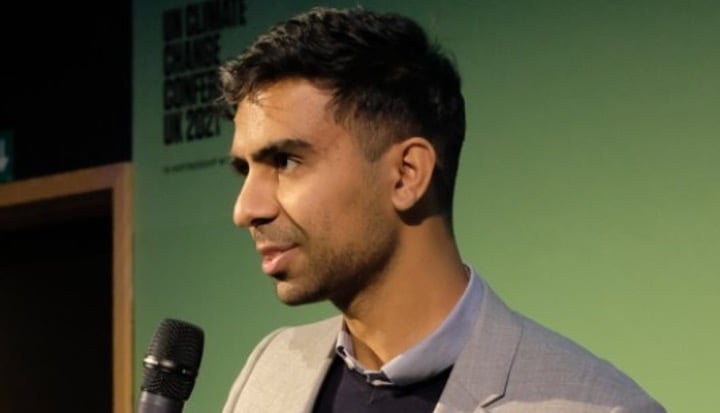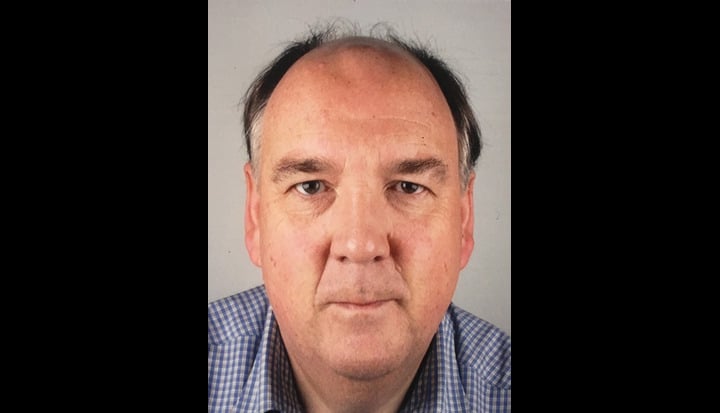BFP: What do you do?
 SW: I work with two teams within Grameen Foundation to develop and support two poverty alleviation tools. The first tool is the Progress out of Poverty Index which is used to measure household level poverty to ensure the poor are included and are being effectively served. The second is Taro Works. Which is mobile phone and Internet based technology for field force management, and data collection. Taro Works enables social enterprises to gain greater insight into their customers to build better products and services and run more effective businesses. The PPI is integrated into Taro Works.
SW: I work with two teams within Grameen Foundation to develop and support two poverty alleviation tools. The first tool is the Progress out of Poverty Index which is used to measure household level poverty to ensure the poor are included and are being effectively served. The second is Taro Works. Which is mobile phone and Internet based technology for field force management, and data collection. Taro Works enables social enterprises to gain greater insight into their customers to build better products and services and run more effective businesses. The PPI is integrated into Taro Works.
BFP: What is the best part about your job?
SW: Working with brilliant and highly motivated people to build products and services that alleviate poverty. I have worked in three very different domains with 10 years as a high school teacher, 10 years in corporate philanthropy and 3 years and counting in international development. Each has been unique and rewarding. What I am finding at Grameen Foundation is an extraordinary community of brilliant and dedicated colleagues. All problems exist to be solved. My daily challenge is just to keep up!
BFP: What have been your greatest challenges?
SW: Poverty.
My less cheeky response would be “finding alignment”. Poverty is not the fault of the poor. Poverty is manufactured. Our economic system makes poverty. The good news is that there is an increasing awareness that: 1) poverty is ‘bad’ for everyone, 2) poverty is a systemic problem that requires conscious multi-stakeholder solutions. Grameen Foundation is very good at developing the necessary products and services to increase the agency of the poor so that they can be fully participating members of the global economy. However, the complete solution requires the alignment of government players to ensure the regulatory environment facilitates development as well as the private players to build long term trade relationships with the poor as well as bring appropriate products and services to scale.
BFP: How have you overcome these challenges? What is the secret of your success?
SW: Hmmm, well, success will be, as Muhammad Yunus says, when poverty is in a museum. However, the incremental success that we have achieved has come when: 1) the alignment is clear and all of the stakeholders are actively engaged, 2) we are able to experiment and learn from failure without becoming discouraged or defeated, 3) we clearly define success and constantly measure our progress to understand if we are headed in the right direction, and 4) we benefit from luck and flashes of brilliance.
BFP: If someone wants to do what you do, where should they start?
SW: Well, internships are the best way to get your feet wet in this work. Our Bankers Without Borders program is a great place to go to find out more. I certainly didn’t set out specifically to do this work. My goals have always been to be a net positive – give at least as much as a get. I have worked reasonably hard and been very lucky to be given great opportunities to contribute to the greater good.
BFP: Finally; what do you hope to get out of being part of the BFP community?
SW: First, I would love to recruit more organizations and individuals to join efforts in this work of poverty alleviation. Secondly, there are so many ways to create value within the global community of changemakers, many of whom are represented in the BFP community. I am eager to learn what new and innovative tools and methodologies we can use together to make a more just and sustainable world.
Editor’s Note:
Thank you to Steve Wright for taking the time to do this interview.
We’re always looking out for members to feature. Help us by taking two-minutes to update your profile, or by nominating someone for Business Fights Poverty Member of the Week.
Read previous Member of the Week interviews here.

